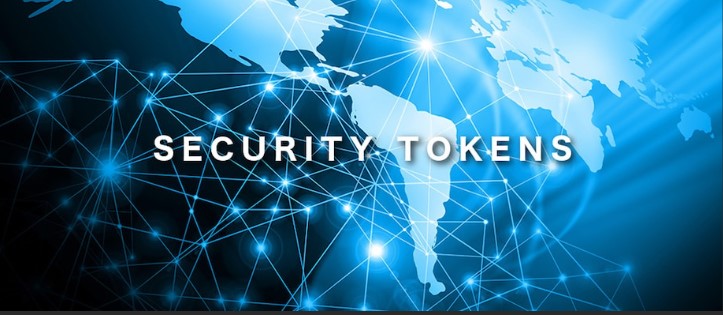A Key to Enhancing Your Online Security
November 1, 2024

At some point, we are sure, you have seen the term “token” come up, but what exactly does it mean? And how can it help you stay secure online? In this blog, we’ll break down the concept of tokens, explore how they work, and explain why they are crucial in protecting your digital life.
What is a Token?
A token is a digital object used in various authentication and authorization processes. In simple terms, it’s a piece of data that represents a user’s credentials. Tokens are typically used to verify a user’s identity and grant access to specific resources or services.
There are different types of tokens, but they all serve the same fundamental purpose: securely transmitting information between parties.
How Tokens Work
Tokens are issued by an authentication server when you log in to a service. Here’s a simplified breakdown of how the process works:
- Login and Verification: When you log in to an application, you provide your credentials (username and password). The application sends these credentials to the authentication server for verification.
- Token Generation: Once your credentials are verified, the authentication server generates a token. This token is a unique, encrypted piece of data that represents your session.
- Token Storage: The token is sent back to the application, where it is stored (often in your browser or app’s local storage). You don’t need to log in again for a certain period because the token keeps you authenticated.
- Token Use: Every time you perform an action that requires authentication, such as accessing a secure page or making a transaction, the token is sent to the server to confirm your identity.

Types of Tokens
There are several types of tokens, each serving different purposes in cybersecurity:
- Authentication Tokens: These tokens confirm your identity and allow you to access certain resources without needing to repeatedly enter your password.
- Access Tokens: Used to gain access to specific resources or services, access tokens are typically short-lived and have an expiration time to enhance security.
- Refresh Tokens: When an access token expires, a refresh token can be used to request a new access token without requiring the user to log in again. This is common in applications where continuous access is needed.
- OAuth Tokens: OAuth is a widely-used standard for token-based authentication, particularly in enabling third-party applications to access user data without exposing passwords.
The Benefits of Tokens
Tokens offer several key advantages in terms of security and usability:
- Enhanced Security: Tokens are usually encrypted and can include additional security measures like expiry times and usage restrictions, reducing the risk of unauthorized access.
- Reduced Need for Passwords: Since tokens can maintain your session, you don’t need to constantly enter your password, lowering the risk of password exposure.
- Granular Access Control: With tokens, it’s possible to grant specific access levels to different resources, ensuring that users only have access to what they need.
- Improved User Experience: Tokens enable smoother and more seamless interactions with applications, as users can stay logged in without constant re-authentication.
How Tokens Protect You
Tokens help protect you in several important ways:
- Protection Against Phishing: Since tokens can be used in place of passwords, the chances of your credentials being exposed through phishing attacks are reduced.
- Limited Scope: Tokens can be designed to be valid only for specific actions or within a particular time frame, limiting their usefulness if intercepted by an attacker.
- Single Sign-On (SSO): Tokens enable SSO, allowing you to log in once and access multiple applications without needing to re-enter your credentials. This reduces the risk associated with managing multiple passwords.

Best Practices for Token Use
While tokens offer robust security, it’s important to follow best practices to maximize their effectiveness:
- Keep Tokens Secure: Just like passwords, tokens should be kept secure. Avoid storing tokens in easily accessible locations, such as public code repositories.
- Log Out When Finished: Always log out of sessions when you’re done, especially on shared or public devices. This will invalidate the token and protect your account.
- Monitor Token Expiry: Ensure that tokens are set to expire after a reasonable time. Expired tokens should be automatically refreshed or re-authenticated to maintain security.
- Use Secure Storage: Store tokens in secure, encrypted storage mechanisms provided by your device or browser, and avoid using insecure storage options.
Tokens play a vital role in modern cybersecurity by providing a secure, efficient way to authenticate and authorize users. Whether you’re accessing a single application or multiple services, tokens help protect your sensitive information while improving your online experience. By understanding what tokens are and how they work, you can better appreciate the security measures behind the scenes and take full advantage of their benefits. Remember, while tokens can enhance your security, they are most effective when combined with other best practices like strong passwords and multi-factor authentication.
Have Any Question?
Call or email Cocha. We can help with your cybersecurity needs!
- (281) 607-0616
- info@cochatechnology.com




